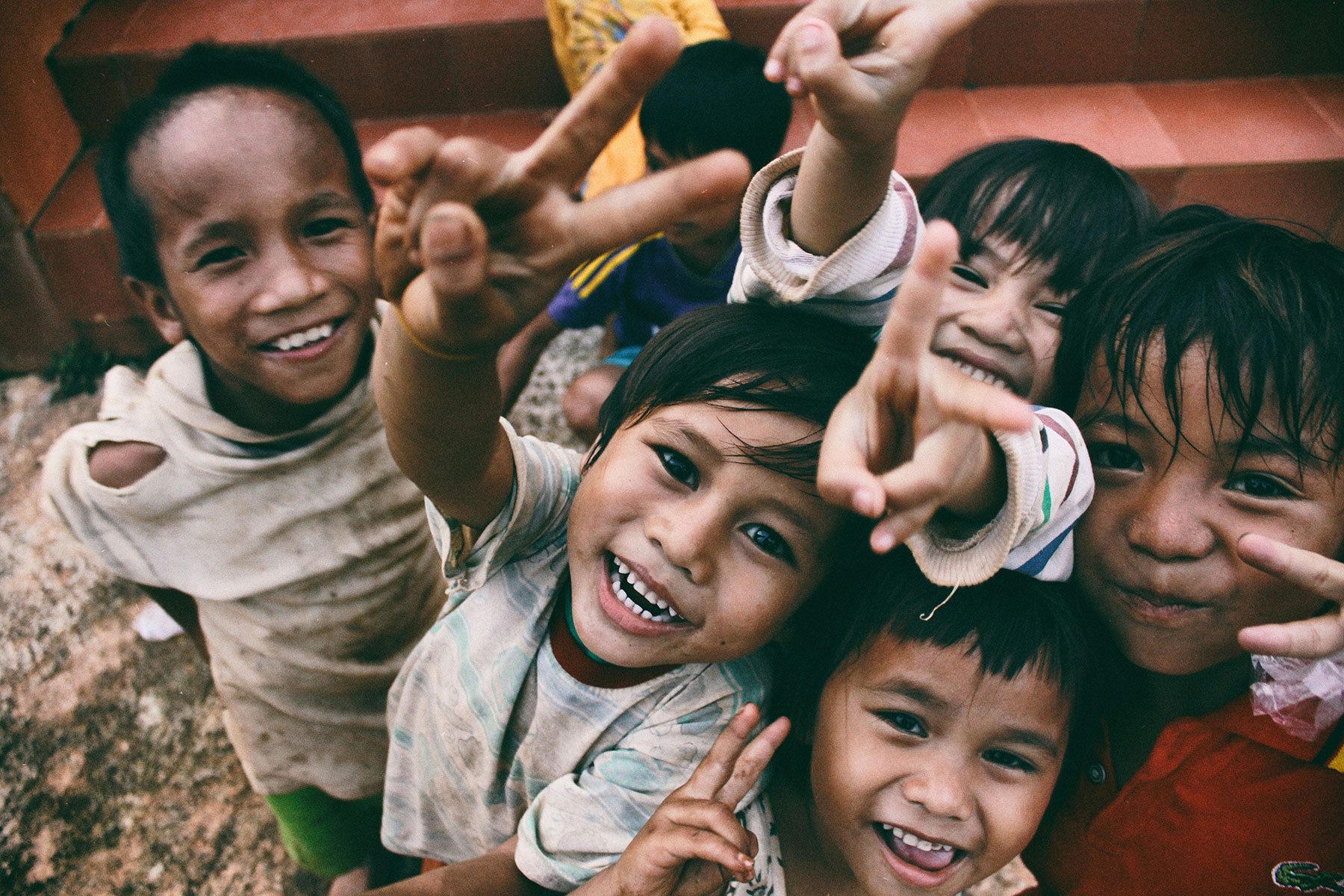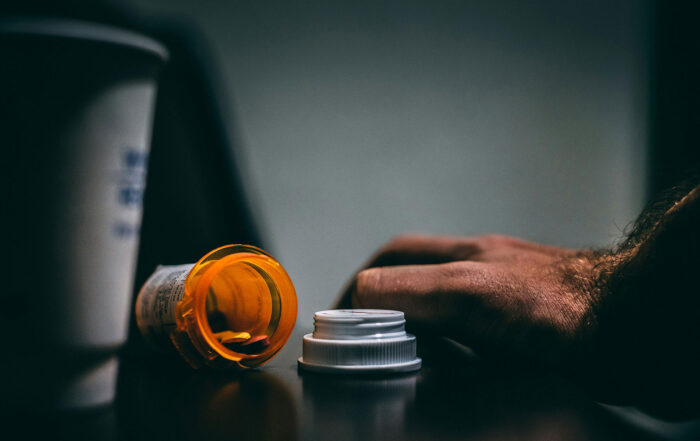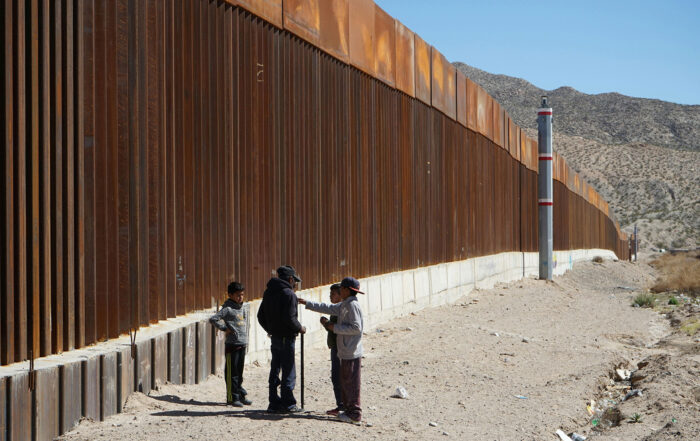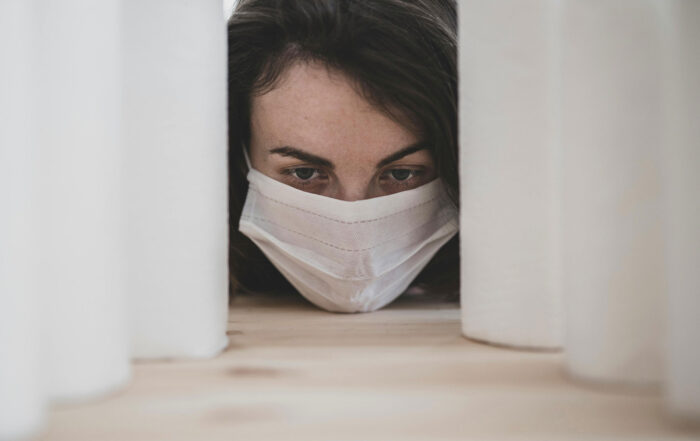
By the Robert Wood Johnson Foundation
Princeton, N.J.—New national data show that at least 38 percent of children in every state have had at least one Adverse Childhood Experience or ACE, such as the death or incarceration of a parent, witnessing or being a victim of violence, or living with someone who has been suicidal or had a drug or alcohol problem. In 16 states, at least 25 percent of children have had two or more ACEs. Findings come from data in the Health Resources and Services Administration’s (HRSA’s) 2016 National Survey of Children’s Health and an analysis conducted by the Child & Adolescent Health Measurement Initiative (CAHMI) at the Johns Hopkins Bloomberg School of Public Health. The Robert Wood Johnson Foundation (RWJF) has collaborated with and supported the work of CAHMI and is working with CAHMI to release today’s data.
ACEs can have serious, long-term impacts on a child’s health and well-being by contributing to high levels of toxic stress that derail healthy physical, social, emotional, and cognitive development. Research shows that ACEs increase the long-term risk for smoking, alcoholism, depression, heart and liver diseases, and dozens of other illnesses and unhealthy behaviors. The new data show that 33 percent of children with two or more ACEs have a chronic health condition involving a special health care need, compared to 13.6 percent of children without ACEs.
Share This Post!
Children, Teens Are in a ‘Mental Health State of Emergency,’ Child Health-Care Groups Warn
By Alyson Klein There’s been a quieter, parallel pandemic happening alongside COVID-19: a spike in significant mental health problems among young people, spurred by isolation, uncertainty, fear, and grief. Mental health [...]
Making the Connection: Trauma and Substance Abuse
Data from the most recent National Survey of Adolescents and other studies indicate that one in four children and adolescents in the United States experiences at least one potentially traumatic event before [...]
Helping immigrant children heal
Twenty years ago, Hami Torres fled Mexico at age 13, her 11-year-old brother in tow. Terrified, they trekked for hours with a group of older strangers through desert scrub that slashed Hami's [...]
What is test anxiety and how can we support students when they experience it?
As the first day of school approaches, parents and children gather their backpacks as educators finalize lesson plans and ready their classrooms. The new school year offers a fresh start for students [...]
Managing stress during the COVID-19 pandemic
While we are all focusing on taking care of our physical health as the outbreak of COVID-19 develops, it’s also important to keep our mental health a priority. When there is a [...]
Integrating parents with trauma histories into child trauma treatment: Establishing core components.
To identify core components of parent/caregiver integration into evidence based child trauma treatment models, specifically those parents/caregivers who have experienced trauma themselves. The Parent/Caregiver Trauma and Healing Coordinating Group (PCTHCG) of the [...]







